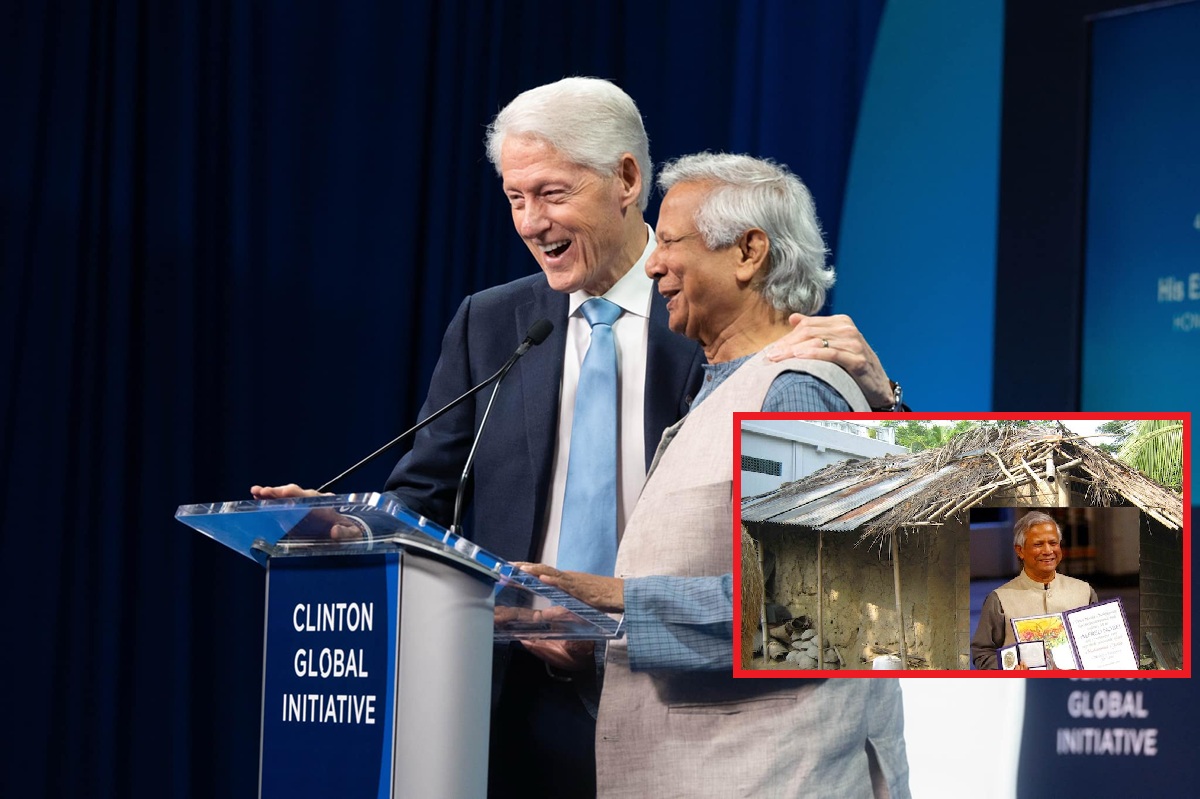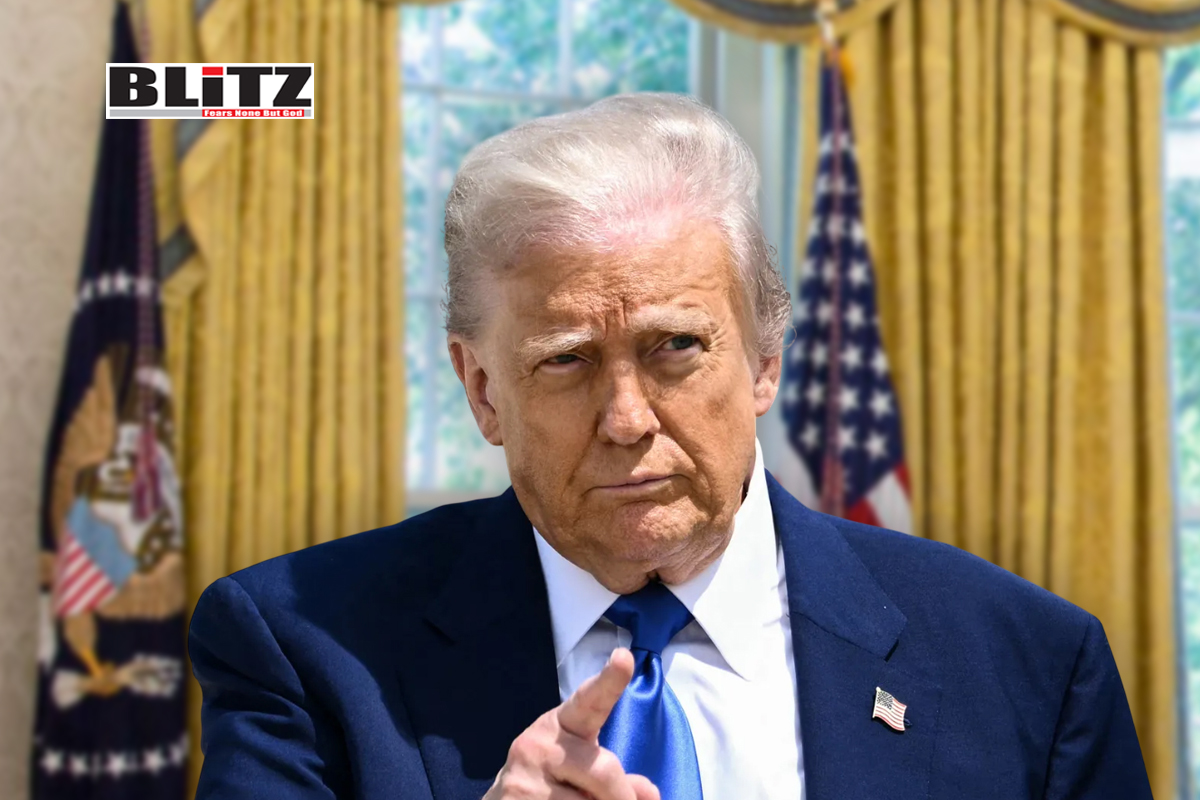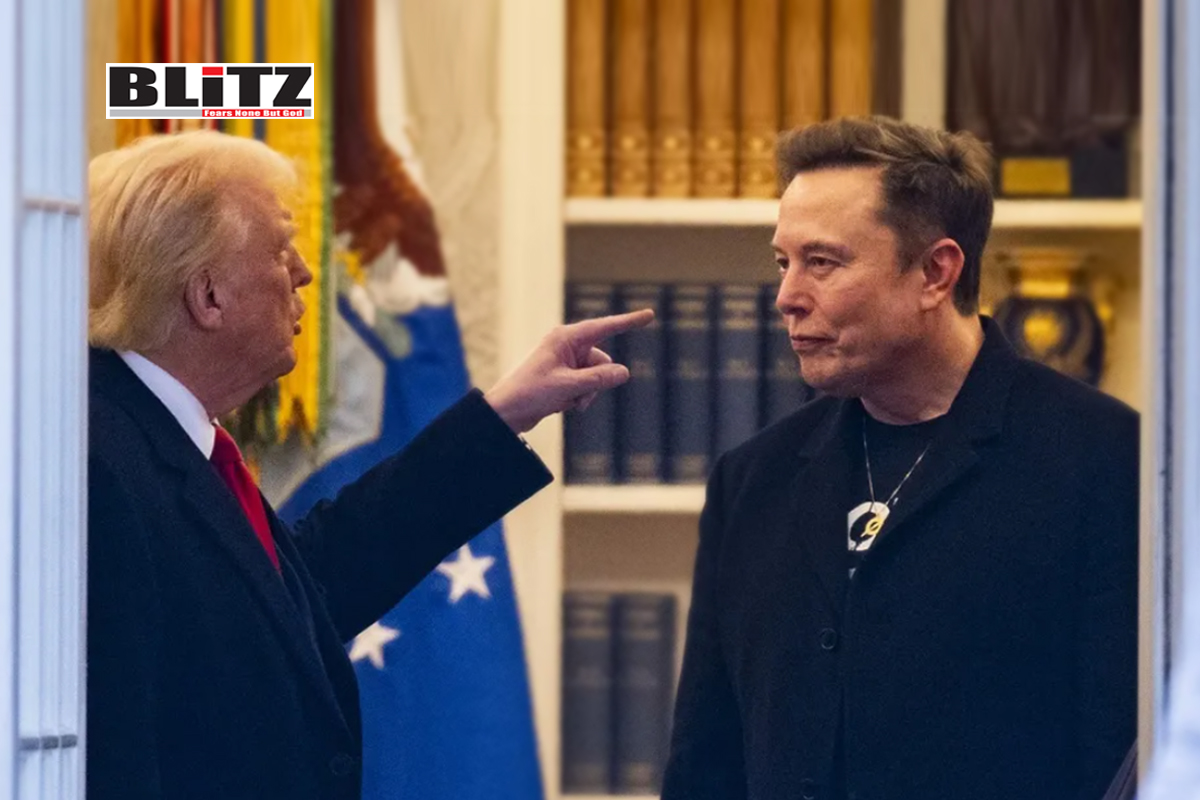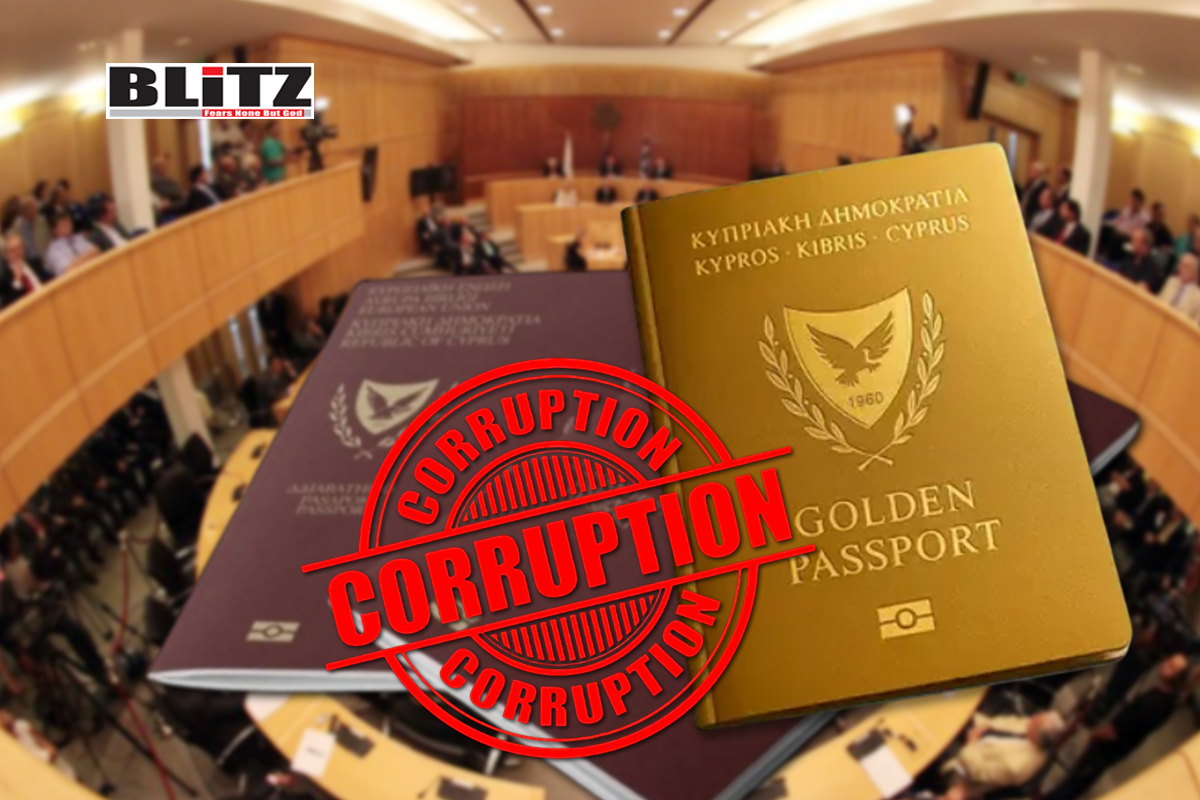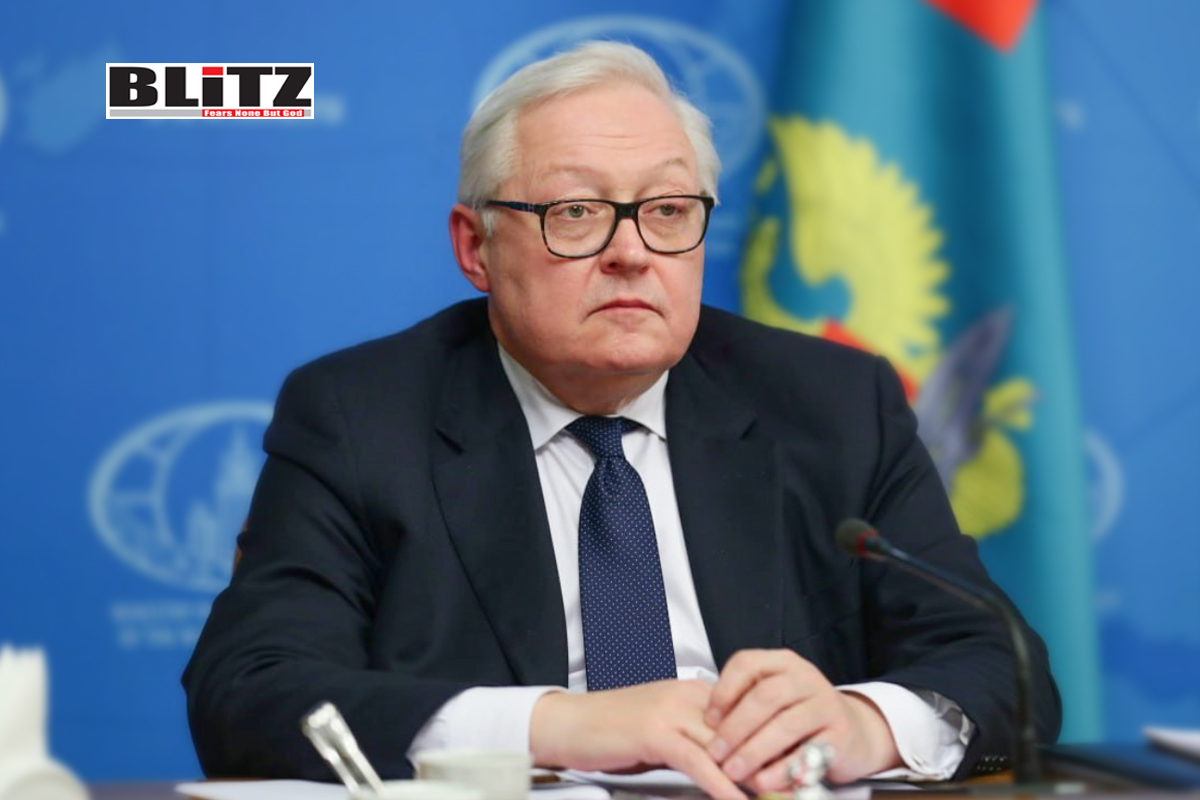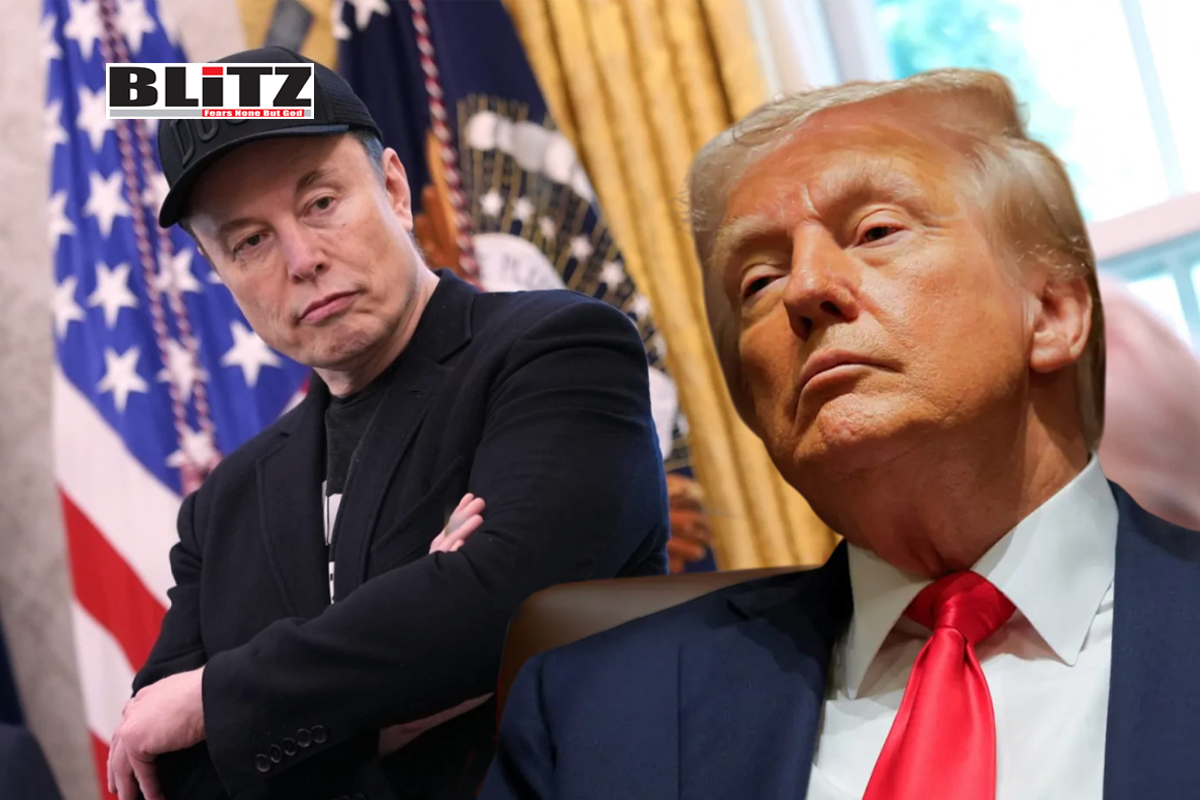Elon Musk proposes ‘America Party’ amid escalating feud with Donald Trump
- Update Time : Sunday, June 8, 2025
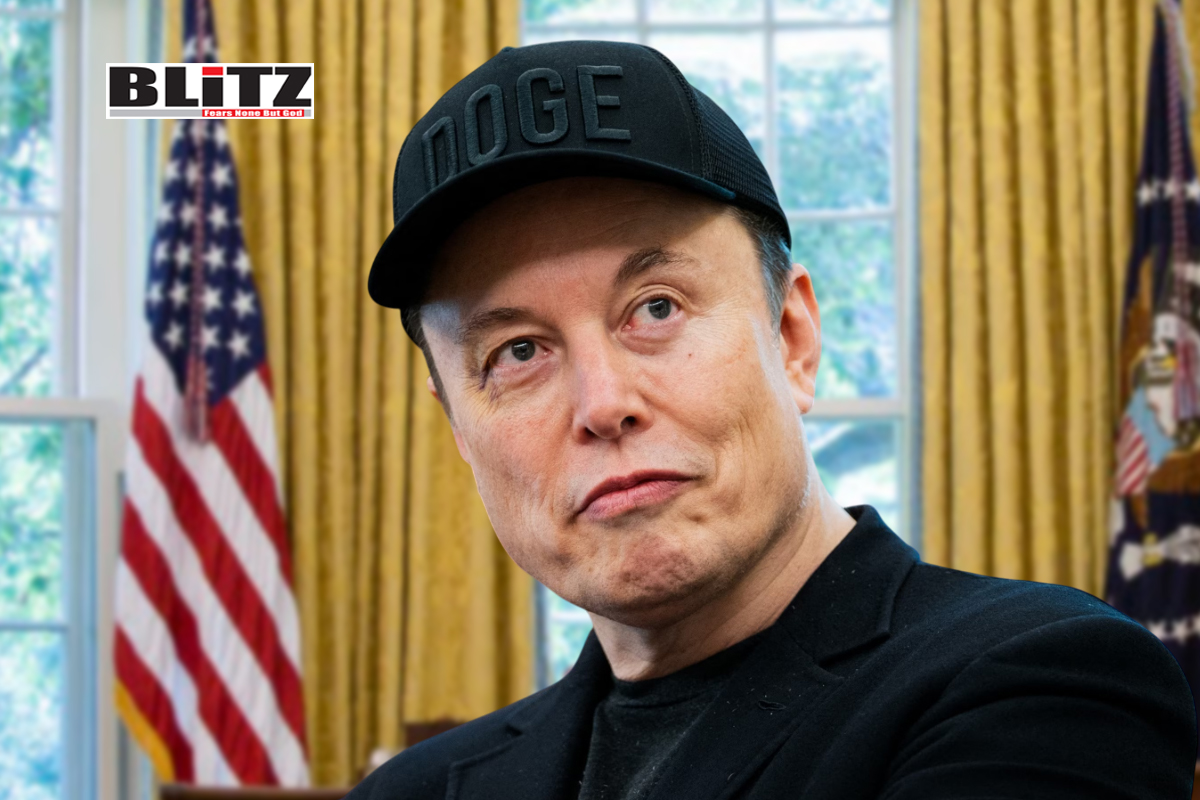
In a move that may reshape the US political landscape, billionaire entrepreneur Elon Musk has announced the formation of a new political party, the “America Party,” following an acrimonious split with former ally and US President Donald Trump. The dramatic political shift marks a turning point for Musk, who was until recently a key Trump supporter and donor, having funneled more than $260 million into pro-Trump efforts during the last election cycle.
Musk’s pivot has already ignited debates across party lines, rattled financial markets, and sparked international satire – most notably from former Russian President Dmitry Medvedev, who jokingly offered to mediate between the two estranged powerhouses.
Just six months ago, Musk’s relationship with Trump appeared solid. After helping bankroll Trump’s re-election campaign, Musk was appointed in January to co-chair the Department of Government Efficiency (DOGE), a new executive body tasked with rooting out bureaucratic waste and streamlining federal agencies. The appointment was seen as a nod to Musk’s reputation as a no-nonsense innovator, and DOGE was widely expected to follow the Silicon Valley playbook of disruption.
However, cracks began to show when Trump introduced a sprawling $2.4 trillion tax and spending bill, which Musk lambasted as a “disgusting abomination.” While many of the bill’s provisions were aimed at infrastructure and defense, Musk objected to what he saw as bloated allocations to legacy contractors and inefficient public projects.
“The bill is everything we said we wouldn’t do – pork-barrel politics, corporate welfare, and wasteful spending disguised as investment,” Musk wrote in a scathing thread on X, formerly Twitter. “This is not fiscal conservatism. This is corruption.”
Trump, never one to back down from a public challenge, responded with characteristic bombast. At a rally in Florida, he slammed Musk as an “ungrateful tech bro” and threatened to cancel all federal contracts with Tesla, SpaceX, and other Musk-led ventures. “We made Elon. Now he wants to turn his back on the American people. If he wants war, he’ll get it,” Trump said to a cheering crowd.
The feud quickly devolved into a high-stakes social media war. Musk took to X to accuse Trump of long-suspected ties to the late Jeffrey Epstein, the disgraced financier and convicted sex offender whose mysterious death in jail continues to generate conspiracy theories.
“Trump’s name appears too often in Epstein’s logs for comfort. Maybe the DOJ should stop looking the other way,” Musk wrote, accompanying the post with a meme suggesting Trump’s impeachment.
The post sent shockwaves through the political world. Though the Epstein scandal has ensnared many high-profile names, few public figures have dared to directly implicate Trump in recent years. Musk’s accusation – without concrete evidence – was seen by many as a nuclear option, signifying that reconciliation was no longer on the table.
In the midst of the fallout, Musk posted a poll to his 220 million followers on X, asking whether it was time to “form a new political party for the 80% of Americans stuck in the middle.” More than 5.6 million users responded, with approximately 80% voting in favor of the idea. Musk took the results as a mandate.
“The people have spoken. A new political party is needed in America,” he declared in a follow-up post. “We’re calling it the America Party – a home for pragmatists, centrists, innovators, and the forgotten majority.”
Musk has not yet unveiled a policy platform, but sources close to the entrepreneur say the party will emphasize government efficiency, deregulation in key sectors like space and energy, and reform of political campaign finance laws. While some critics argue that Musk is simply rebranding libertarianism under a new banner, others see potential in a centrist movement untethered from the partisan extremes of both the Republican and Democratic parties.
Reactions from political figures were swift and polarized. Some Democrats saw the split as an opportunity.
“This was long overdue,” said Representative Alexandria Ocasio-Cortez. “Two huge egos like Trump and Musk were never going to co-exist. Maybe now Musk can put his money toward something useful – like investing in real democratic reforms.”
Others were more skeptical. Senator Bernie Sanders dismissed the new party as “another billionaire vanity project,” and warned that “the America Party will serve the rich just as well as the GOP or the Democrats do – if not better.”
Within the GOP, reactions ranged from disappointment to derision. “Musk was useful to us until he wasn’t,” said one senior Trump campaign official who spoke on condition of anonymity. “Now he’s just another tech oligarch playing at politics.”
Financial markets, notoriously sensitive to political uncertainty, responded negatively. Tesla’s stock dropped by 14% on Thursday amid concerns about lost government contracts and regulatory retaliation. Trump Media & Technology Group, which manages Trump’s Truth Social platform, fell by 8% before rebounding slightly the next day.
The drama even prompted a humorous intervention from overseas. Former Russian President Dmitry Medvedev offered on X to mediate the dispute “for a reasonable fee,” quipping that “Starlink shares would be acceptable as payment.” The post, dripping with irony, poked fun at both the spectacle of American politics and Musk’s vast business empire.
Musk’s next moves remain uncertain. Analysts speculate that he may begin recruiting candidates to run under the America Party banner in 2026 or even mount a long-shot independent presidential bid in 2028. He is barred from holding elected office for now due to his role in DOGE, which holds certain executive powers, but that could change if he resigns from the post.
Already, political figures like Andrew Yang and Tulsi Gabbard have signaled interest in Musk’s proposal. On June 7, Yang wrote on X, “The time for a new party that represents the vast majority of Americans is now,” echoing Musk’s call for a centrist alternative. He also added, “Let’s talk, @elonmusk. The center needs leadership,” suggesting a potential alliance.
Whether the America Party will become a disruptive force or another flash-in-the-pan experiment remains to be seen. But one thing is clear: Elon Musk, no stranger to controversy, has once again inserted himself into the heart of American political discourse – this time not just as a donor or influencer, but as a would-be kingmaker.
In a political environment increasingly defined by spectacle, disruption, and hyper-personalized power struggles, the Musk-Trump feud may be less an aberration and more a glimpse into the future of American democracy.


